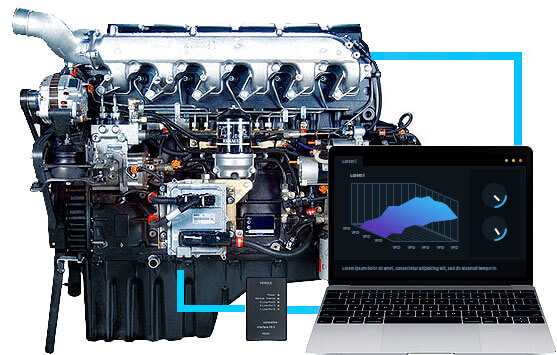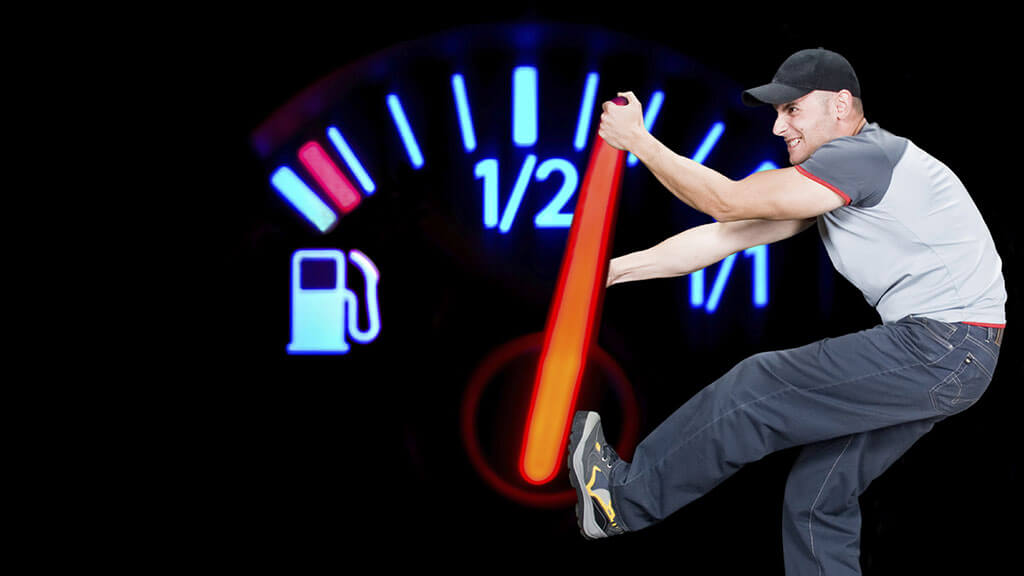Fuel economy thanks to chip tuning: how it works
With today’s very high fuel prices, the economic aspects of car operation are becoming very important. If you decide to use chip tuning services, then with the same moderate driving style, the average fuel consumption can decrease from a few tenths of a liter to several liters per 100 km (in the case of trucks). Such savings represent a tangible financial benefit.
Tuning and fuel combustion - how does it work?
Tuning is often associated with various types of improvements aimed primarily at improving the appearance of the car, increasing its acceleration dynamics or driving comfort. These associations are, of course, correct, but they are not exhaustive. Currently, the goal of tuning may also be to reduce fuel consumption and, as a result, reduce operating costs.
Chip tuning - what is it and is it worth it?
Chip tuning is a common modification that must be performed in a specialized auto repair shop. Its main task is to increase the power and torque of the engine while reducing fuel consumption and, accordingly, costs. It should be noted that professionally performed chip tuning also increases the safety level of the car driver and his passengers. So is it worth it? Definitely yes, if we want to reduce fuel consumption, increase the elasticity of the car or adjust it to your individual needs and preferences.

Does chip tuning always lead to increased efficiency and fuel economy?
Opinions are divided, and everything depends, as usual, on the driving style and its dynamics after chip tuning. If in everyday driving you do not constantly use the maximum engine power, but drive dynamically, but moderately, then your car will consume less fuel. This is due to the fact that the increase in power at medium and low loads is mainly due to an increase in engine efficiency. To do this, the ignition is usually adjusted, and in gasoline engines (TSI, TFSI, THP, SCTI and the like, as well as in diesels with a common-rail system), the injection pressure increases with a decrease in its duration. So, once again - an increase in the efficiency of the engine after chip tuning is a fact, but when driving with maximum acceleration or in a wide range of revolutions, fuel consumption will simply increase. The only option for using "full gas", based solely on improving fuel efficiency, is the so-called ecotuning. However, most people considering the possibility of chip-tuning their car strive to get as much power as possible, working within the safe margin left by the manufacturer. In this case, an increase in the fuel dose and an increase in the boost pressure is required, so there is no question of fuel economy. Let’s take the example of a car after chip tuning, where the engine power has increased by 20% - at maximum load and full throttle, the need for fuel dosage will increase by about 25%. Although it sounds alarming, it’s not even 1% of the total time spent behind the wheel. Hence the conclusion is obvious - cars with well-executed chip tuning have lower fuel consumption, compensating for its consumption at lower speeds, which, especially in urban traffic, we use much more often.
How is chip tuning performed?
Improvements carried out with the help of chip tuning should begin with a thorough check of the technical condition of the car. Therefore, improvements should be carried out under the supervision of a specialist so that they do not lead to dangerous road situations. If our car or any other vehicle is in good condition, you can proceed to the actual chip tuning. This popular modification consists in an appropriate and very precise tuning of the engine. At the same time, it is necessary to ensure that it is not overloaded in any case. It should be noted here that not every car is suitable for such a modification. Some models have parameters at which it is impossible to change the factory settings. Chip tuning is an electronic increase in engine power, carried out, as a rule, by releasing the so-called power reserve in it. The process itself consists in connecting a computer to the car’s control unit and then changing the maximum permissible engine speed, boost pressure and fuel supply. Chip tuning is applicable to both diesel and gasoline engines, but it should be borne in mind that for some of them the expected changes will not be possible. Problems may arise with older generation engines produced in the 1980s or 1990s.
Does chip tuning help to save on fuel?

Describing the process of chip tuning, it should be noted, first of all, that it is a modification of the software located in the computer responsible for controlling the operation of the engine of our car. This service allows us, first of all, to make changes aimed at certain savings. Thanks to this service, we can make changes related to the parameters of the turbocharger (change in boost pressure), as well as changes related to the angle of intake and fuel injection, or simply with an increase in the power of the car. When it comes to gasoline and diesel cars, the modification process is often called environmental tuning. However, speaking of chip tuning, you should also know that you should not decide on this process if you have a car with mechanical engine control, since it is simply not suitable for such a modification. The cost of this service is also very different, since it depends mainly on the type of modification that we are going to make, as well as on the type and power of the engine.
